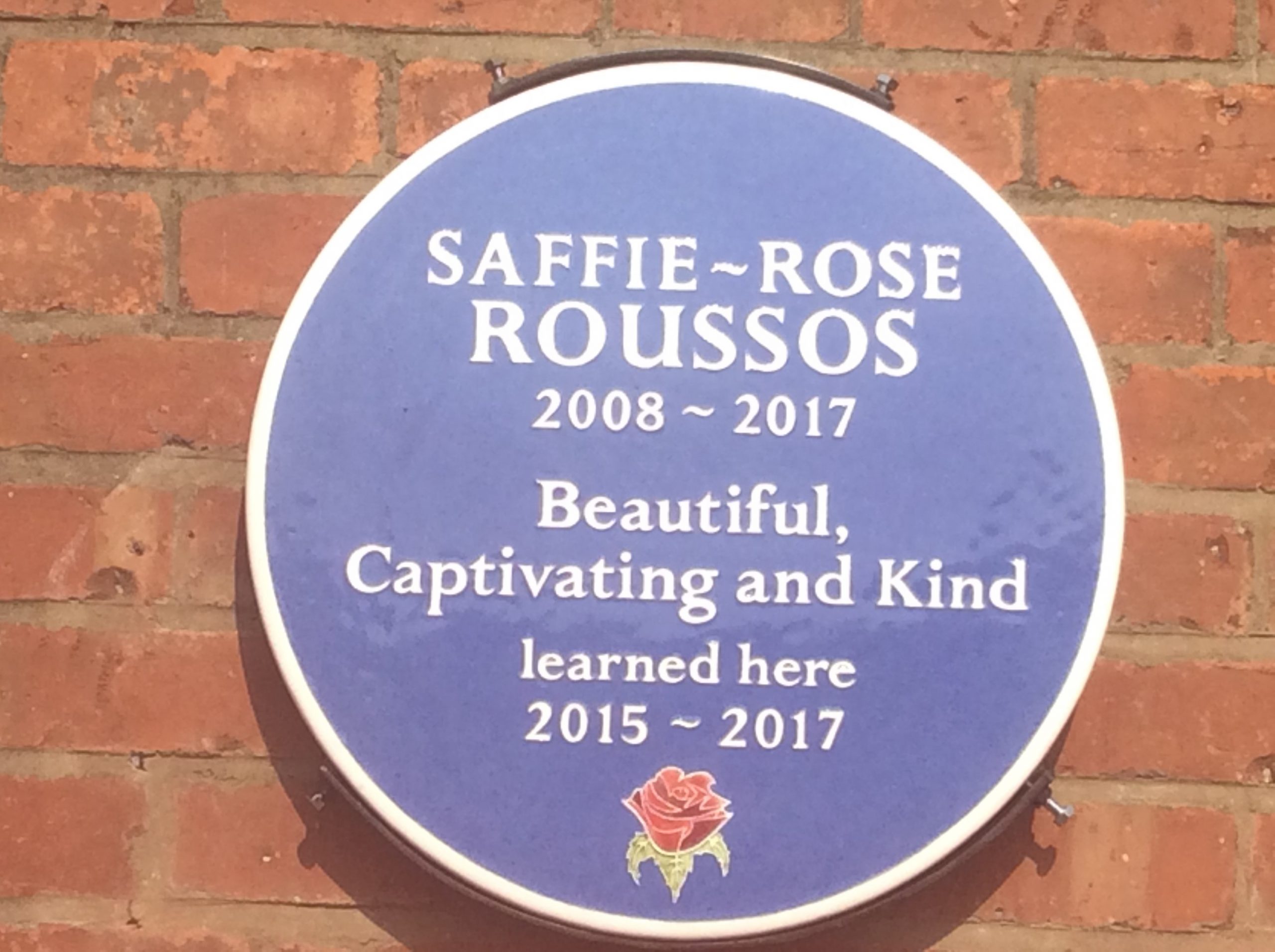This blog post was published under the 2019 to 2022 Conservative government
By Chris Upton, Headteacher at Tarleton Community Primary School and author of Searching for the Sparkle: A School’s Journey of Recovery
Like many headteachers and school leaders, I had completed training around Prevent and counter-terrorism but, at the time, it didn’t really feel relevant to me. The responsibility of running a school with its external pressures meant that it simply didn’t feel like a priority. That all changed when I woke up on the 23rd May 2017 to the news that something terrible had occurred in Manchester the previous evening – a terrorist attack at a concert where the audience was largely comprised of young people.
As the morning progressed, I came to understand that I was in a situation where I had a missing pupil, lost in the aftermath of a terror attack and a school of children and staff looking to me for answers. Following an assembly focused on hope, we received the terrible news that she had become the youngest victim of the attack. Saffie-Rose Roussos was only eight years old. Our staff fell apart, we were all together in our staffroom when we found out, but they bravely returned to class allowing me time to plan.
The work of our school would be to help our children with their grief over the coming weeks and months and, in some cases, years. But to help them, we needed to start the grieving process, as we held this most destructive piece of news from them. I never thought that I’d be faced with the question, ‘How do you tell 276 children that their friend has been murdered in a terror attack?’ but this was the reality. I had decided that I would speak with each class separately but start with Saffie’s closest friends in a small group. Children needed to hear the information from a trusted adult, and they should all receive the same information at roughly the same time to avoid any misunderstandings or inconsistencies. I also wanted to take the pressure off the parents, as sharing news like this is tough. I am sure you can imagine how difficult it was to speak with the children and if I was faced with this situation again, I wouldn’t go into our youngest class – they were too little and were innocently playing (exactly what children should be doing).
The most difficult challenge was how to help the children with the grieving process. We were advised that if we supported the children too much too soon, this could affect them in dealing with grief in their adult lives. We also needed to respond differently to different children with needs. One example was a child with ADHD. He had scribbled over a picture of Saffie on our School Council display. Adults could have got this wrong, especially whilst dealing with their own grief. He felt that if he got rid of the picture, he would be helping others and make all the horribleness go away. Therefore, it is hugely important to consider the understanding of children with additional needs in difficult times such as this, as some struggle to make sense of the world around them.
As the months progressed, we supported our children as individuals and in small groups using skilled professionals who had become known to and trusted by us. They were also able to support staff with how to deal with difficult situations in talking about the specific circumstances and manner of their friend’s death and the fear this caused them personally. To an adult we understand the randomness of a terror attack. To a child, it is personal. They fear if it happened to their friend, then it could happen to them.
A few months ago, memories of this period in our school history came flooding back to me, as I found myself stood in front of classes talking about the Russian invasion of Ukraine. Again, we had frightened children trying to make sense of events. My strategy was similar to that of the 23rd May 2017 when I had visited classes; to be open, be honest and give the facts in an age appropriate manner. It is a privilege to be a headteacher and what you do and say at these times can really support children, because they trust and respect you.
School’s up and down the country will be faced with incredible challenges as young people join them as refugees from Ukraine, the traumas of war only just behind them. Their mental health must be a priority and school staff will need specialist training to support them and consider wider triggers such as fire alarms, loud noise or curriculum content. Within my school, we had other pupils who had survived the Manchester Arena Attack and I always communicated with them over assembly topics or when a fire alarm was. The trauma of events, such as the Arena Attack or the war in Ukraine, steals choice from the survivors. I believe that by involving them and giving them choice, their road of recovery is supported.
Next steps:
- If you would like to talk about the anniversary of the Manchester Arena attack with your pupils, take a look at the framework developed by the PHSE Association which helps to facilitate classroom discussions on terrorist attacks.
- The UK Trauma Council’s video and guidance for teachers aims to help identify and support young people experiencing a traumatic bereavement.

